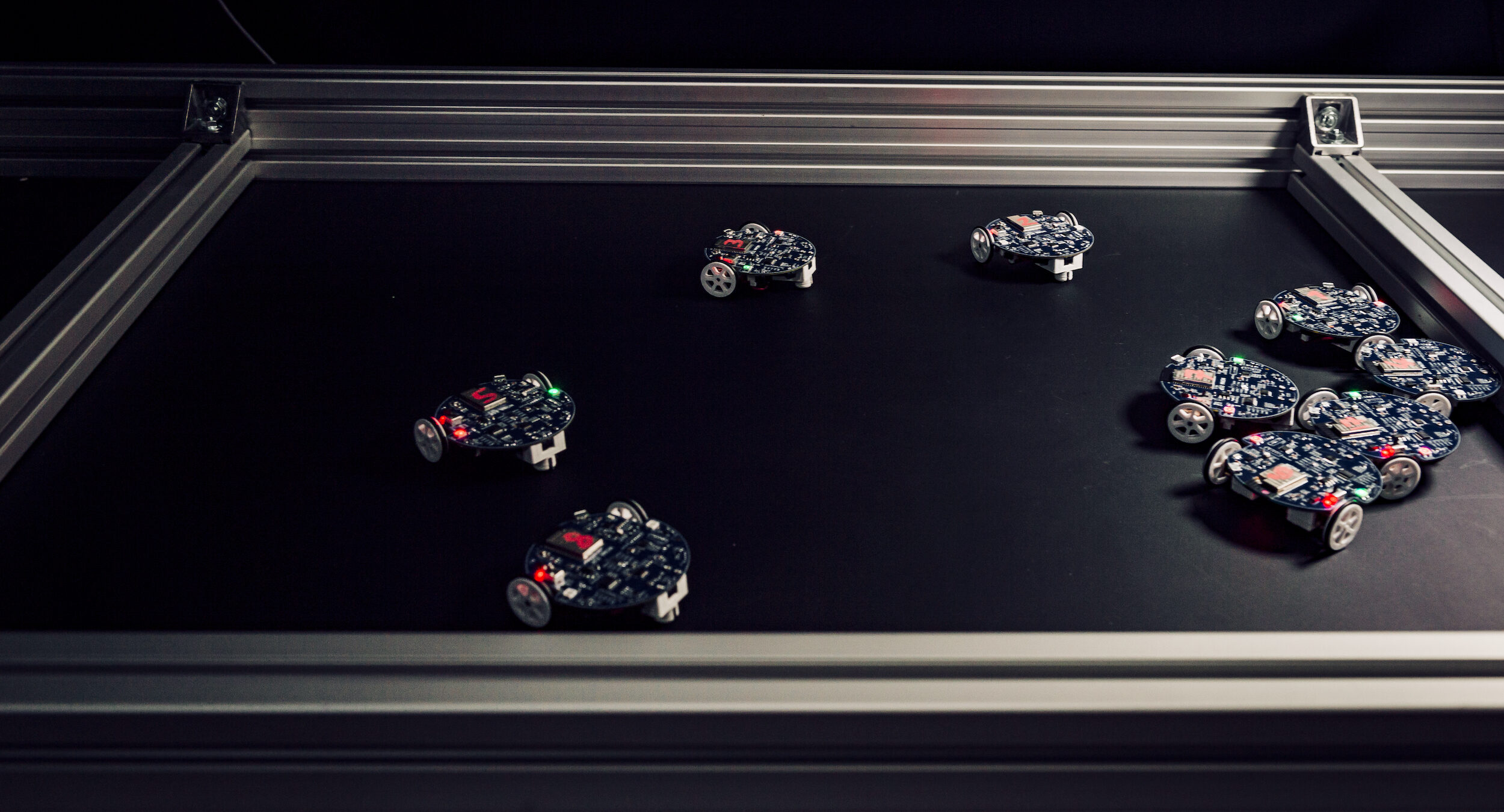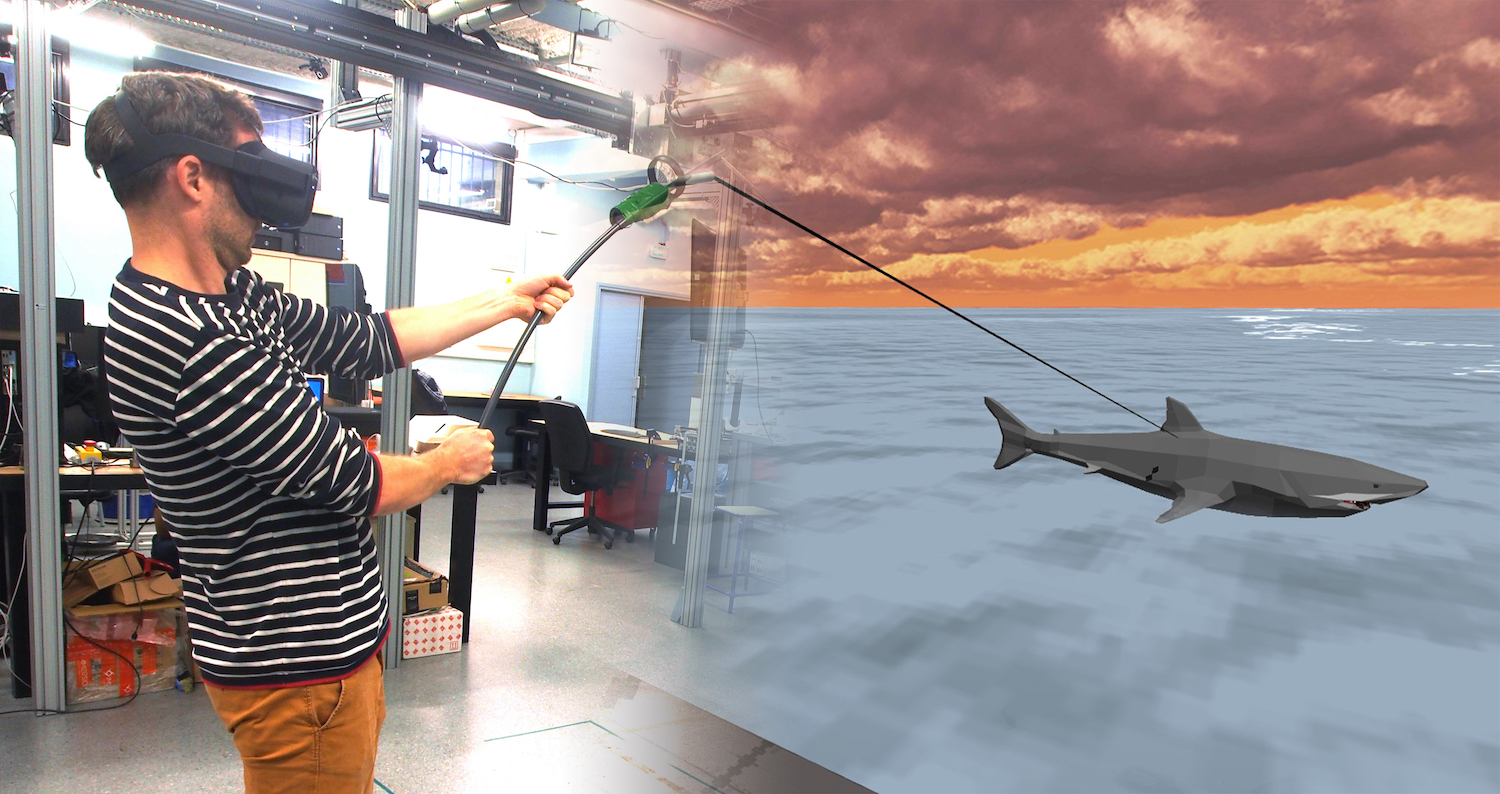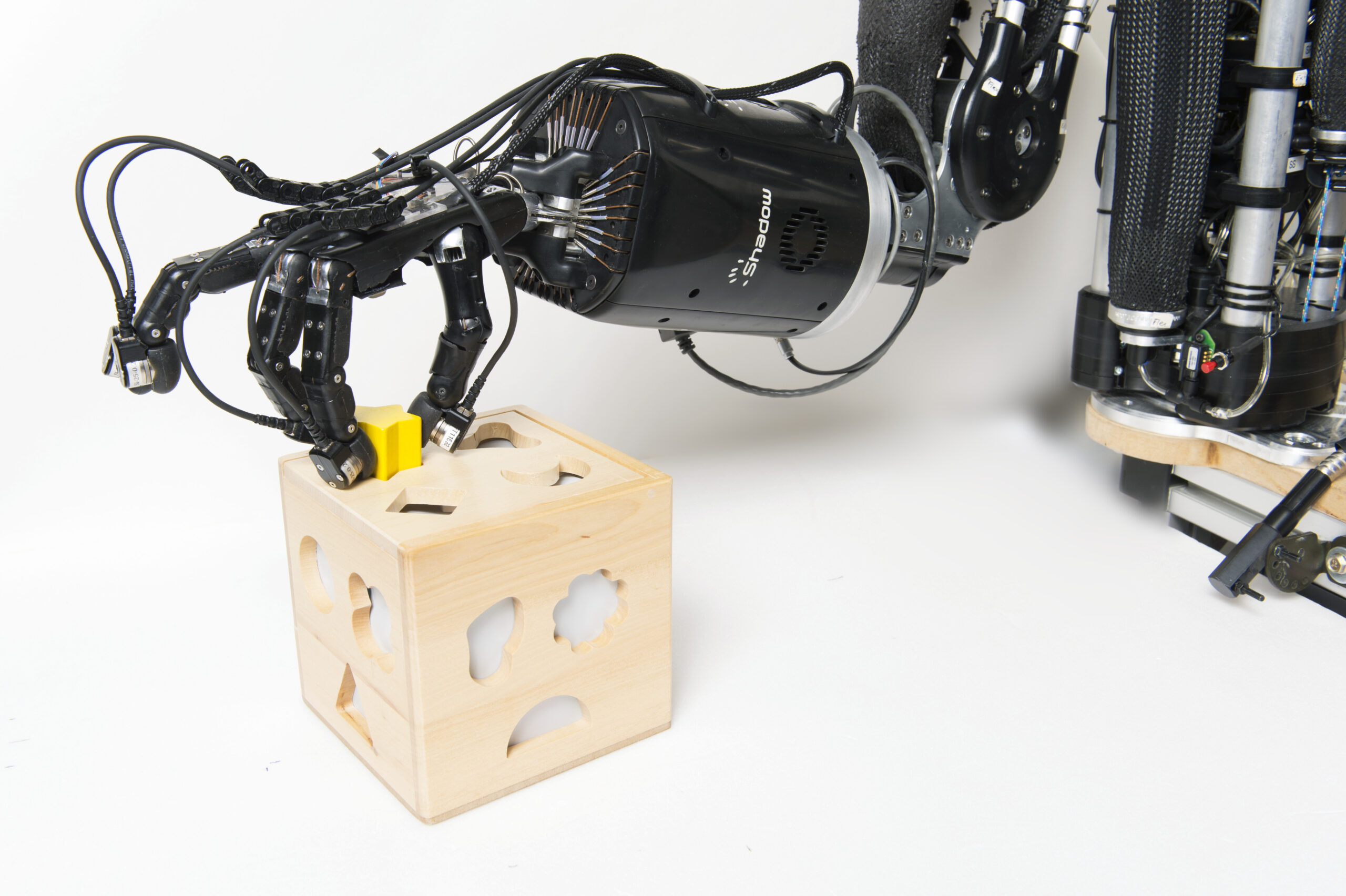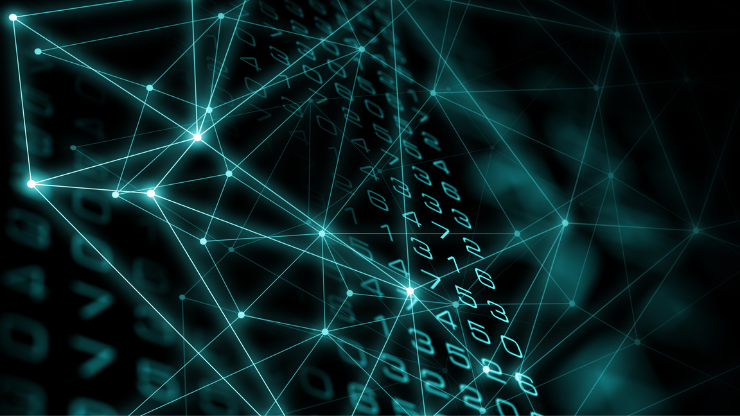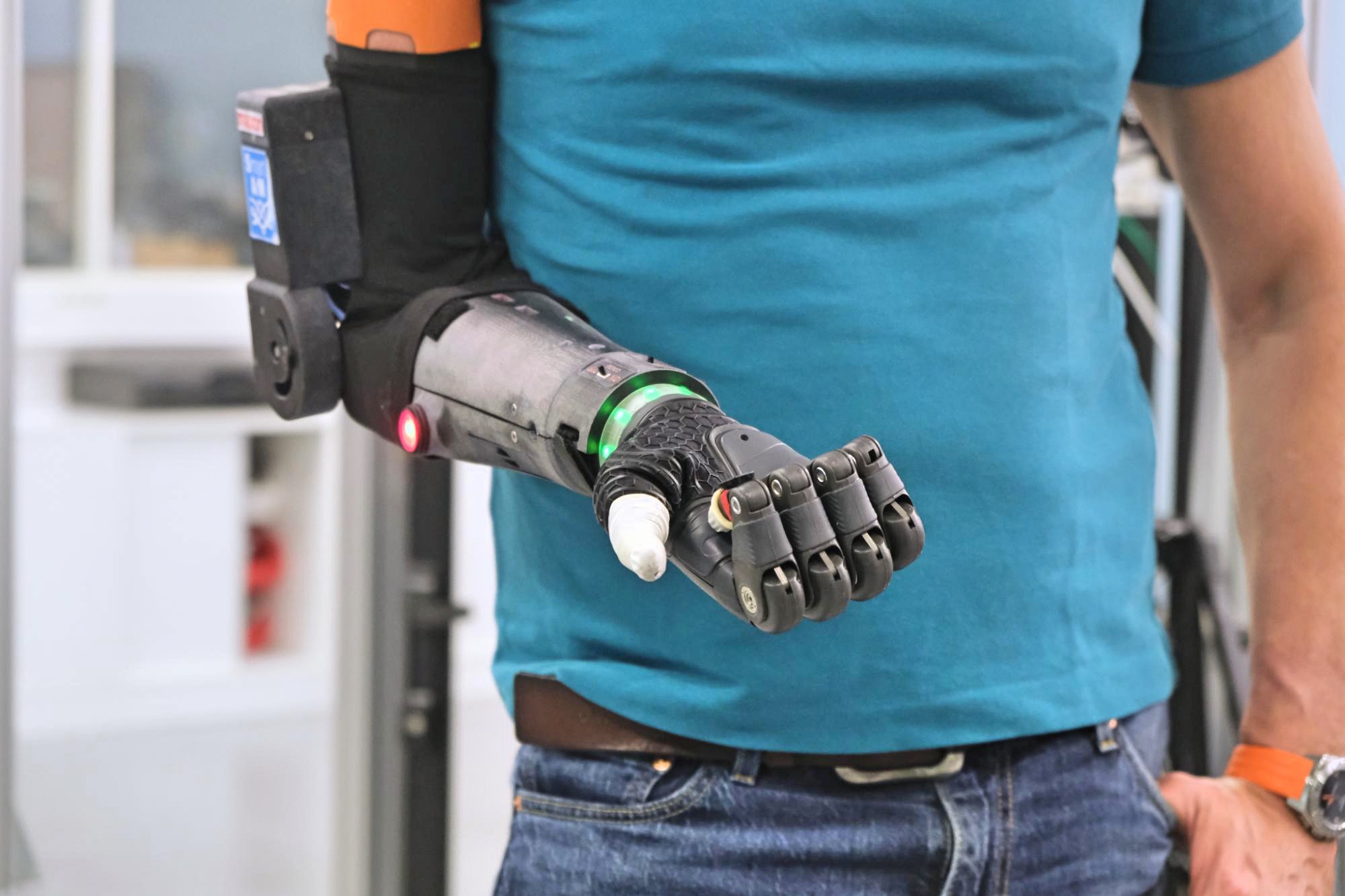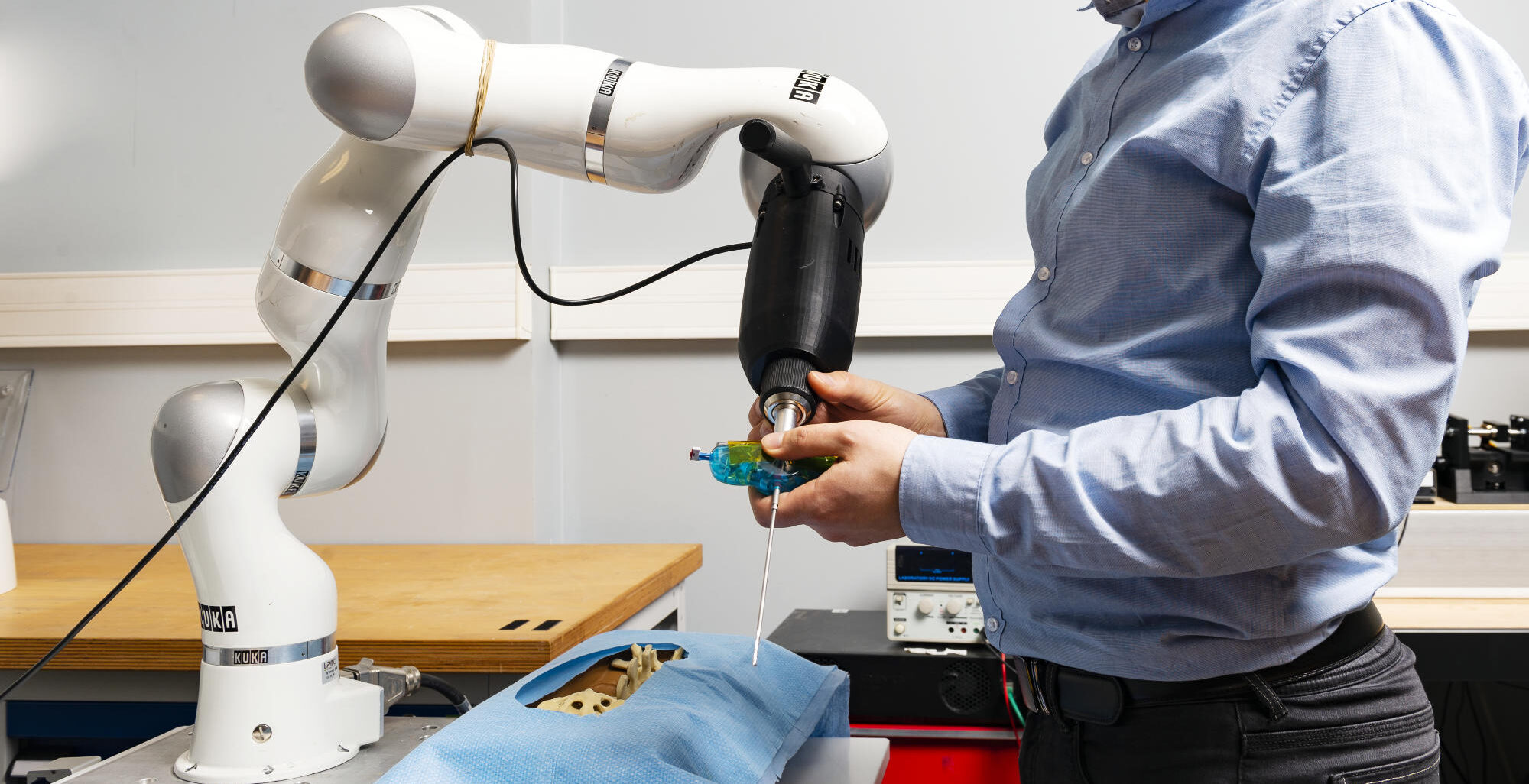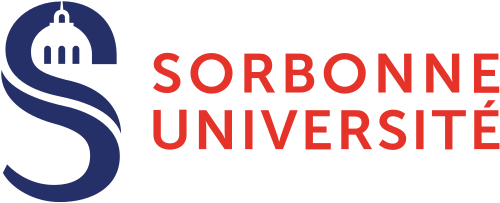Understanding how animals, including humans, perceive the world, decide what to do, learn from their mistakes and successes, interact with each other and with their environment: these fundamental questions are at the heart of the ACIDE team’s research activity. They also feed into work aimed at improving human-machine interfaces (computers, conversational agents, virtual reality systems, robots).
The ASIMOV team works on issues related to the interaction of robots with their environment. The areas of research concern the control of complex mechanical systems, endowed with action and perception capabilities, and subject to physical interactions with unknown and dynamic environments. The ultimate aim is to meet the challenges of service robotics in open environments.
MLIA is an Artificial Intelligence research team focused on designing statistical learning algorithms. The research is primarily aimed at developing deep learning applications, especially those concerning machine learning for robotics, vision and language, user interactions, and the modeling of complex systems in physics.
The team brings together researchers in robotics, computer science, neuroscience and health, all of whom share the aim of developing devices capable of interacting with humans in all their variety, in an intuitive and synergistic way. The variety of human beings implies the ability of devices to adapt to specific situations (ageing, disability, work, etc.). Intuitiveness and synergy presuppose a better understanding of how humans perceive and understand interaction with devices (objects, computers, robots), which is why we are exploring the fields of haptics, neuroscience, motor control and computational control and modelling to gain a better understanding of these sensorimotor interactions.
The RPI-Bio team is tackling a number of major scientific challenges, focusing on microrobotics, surgical robotics, multimodal perception, HMI, advanced control of robotic systems, machine and human learning and the transfer of expert skills (tele-expertise). The advances that will be made in these areas will undoubtedly provide the best possible response to the needs of tomorrow’s medicine and biology.
